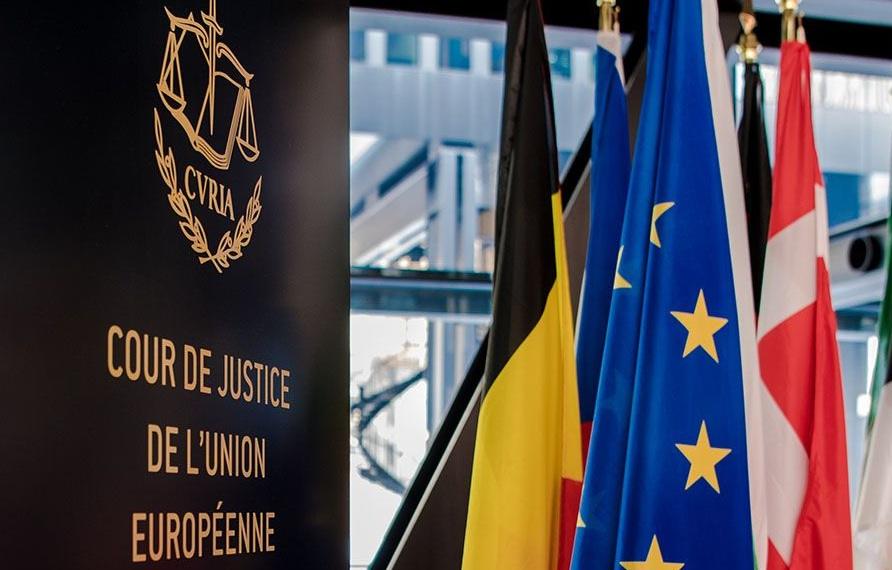The EU’s General Court ruled that nuclear energy and fossil gas activities can be included in the EU Taxonomy, overruling objections from Austria aimed at keeping them out of the classification system of sustainable economic activities.
In its decision, the court ruled that in its move to include nuclear and fossil gas in the taxonomy, the EU Commission “was entitled to take the view that certain economic activities in the nuclear energy and fossil gas sectors can, under certain conditions, contribute substantially to climate change mitigation and climate change adaptation.”
The EU Taxonomy is part of the EU Action Plan on Sustainable Finance, and aimed at helping to facilitate the flow of capital towards activities that contribute to the EU’s sustainability goals. The taxonomy establishes a classification system for economic activities that play key roles in contributing to at least one of six defined environmental objectives, with criteria for inclusion requiring an activity to contribute substantially to at least one of the objectives, and to cause no significant harm to the other objectives.
The six objectives include climate change mitigation, climate change adaptation, sustainable use and protection of water and marine resources, transition to a circular economy, pollution prevention and control, and protection and restoration of biodiversity and ecosystems.
The taxonomy regulation went into effect at the beginning of 2022, with the status of nuclear and gas remaining initially undetermined, until the Commission subsequently published a Delegated Act, proposing criteria and disclosure rules for their inclusion in the Taxonomy. Some EU member states opposed the inclusion of nuclear and gas in the taxonomy, and an attempt was made by some lawmakers in the EU Parliament to exclude the activities, but the move was not supported by most MEPs.
In October 2022, Austria launched a case with the General Court against the Commission’s decision to include nuclear and fossil gas in the EU Taxonomy.
In its new ruling, however, the court dismissed Austria’s case, stating that “by including nuclear energy and fossil gas in the sustainable investment scheme, the Commission did not exceed the powers which the EU legislature properly conferred on it.”
Regarding nuclear power, the court found that “the Commission was entitled to take the view that nuclear energy generation has near to zero greenhouse gas emissions and that there are currently no technologically and economically feasible low-carbon alternatives at a sufficient scale,” and that the Commission sufficiently considered the risks associated with operating nuclear power plants.
The court added that it endorsed the view that “economic activities in the nuclear energy and fossil gas sectors can, under certain conditions, contribute substantially to climate change mitigation and climate change adaptation,” with the Commission’s regulation taking a “gradual approach based on a reduction of greenhouse gas emissions in stages, while allowing for security of supply.”
Following the ruling, Leonore Gewessler, who served as Austria’s Federal Minister of Climate Action, Evironment, Energy, Mobility, Innovation and Technology from 2020 until earlier this year, and has recently been appointed as leader of the Green Party, said:
“Nuclear power is not green. Today’s ruling by the EU Court on the EU taxonomy sends a fatal signal: if this stands, “green” will no longer mean green. Those who believe in a green label end up with nuclear power – or dirty gas.”
Nuclear power is not green. Today’s ruling by the EU Court on the EU taxonomy sends a fatal signal: if this stands, “green” will no longer mean green. „Those who believe in a green label end up with nuclear power – or dirty gas. 1/3
— Leonore Gewessler (@lgewessler) September 10, 2025

